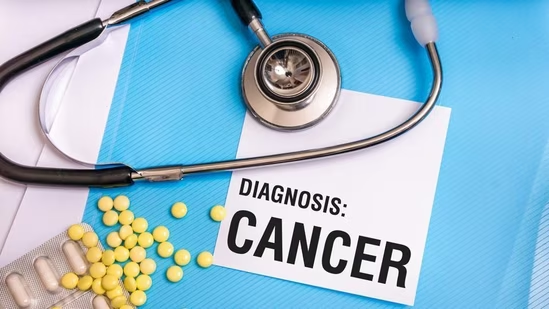McDonald’s zeroes in on onions as the likely source of deadly E. coli outbreak

The origin of the onions in question remains undisclosed by both McDonald’s representatives and federal health officials, coming from a sole undisclosed source.
The focus of the inquiry into the E. coli contamination affecting McDonald’s Quarter Pounders, resulting in the tragic death of one individual and the illness of nearly 50 others, is increasingly directed towards the sliced onions included in the hamburgers.
Neither the onions’ origin nor their distribution to other restaurants has been disclosed by either the company or public health authorities.
A spokesperson from McDonald’s has confirmed that the onions in question originate from a sole supplier. These onions are subsequently sliced, packaged as fresh produce in separate bags, and dispatched to the various restaurants.
The process involves raw onions at a facility before they are dispatched to McDonald’s, as stated by the spokesperson.
In certain regions, McDonald’s has removed sliced onions and quarter-pound beef patties, which are essential components of the Quarter Pounder burgers, from its menu.
Mayo Clinic states that the strain of E. coli responsible for the outbreak, known as O157:H7, releases a potent toxin that has the potential to harm the small intestine lining.
The Centers for Disease Control and Prevention stated that if onions are identified as the origin, it would mark the inaugural instance of that strain being linked to a raw onion-related outbreak.
The outbreak has caused 49 individuals to fall ill with E. coli infections by Wednesday. Regrettably, an elderly individual has passed away as a result. Among those affected, ten individuals have been admitted to hospitals, with one child experiencing hemolytic uremic syndrome, a kidney disease.
A man from Greeley, Colorado has filed a lawsuit against McDonald’s, alleging that he fell ill and required hospitalization.
Matt Wise, head of the Outbreak Response and Prevention Branch at the CDC, has informed NBC News that he anticipates a surge in the number of illnesses in the upcoming days as more case reports are received.
Before McDonald’s removed Quarter Pounders from the menu, we believe this trend will be fueled by individuals who indulged in them.
He mentioned that the risk is significantly minimized for anyone who enters a McDonald’s today.
Colorado is the most affected, with 26 cases of illness, out of which 18 are located in Mesa County. The elderly person who passed away resided in Mesa County.
Dr. Rachel Herlihy, the state epidemiologist, mentioned that six teenagers from Colorado are among the patients.
In Nebraska, there have been nine reported cases, while additional patients have been documented in Iowa, Kansas, Missouri, Montana, Oregon, Utah, Wisconsin, and Wyoming.
The initial instance connected to a Quarter Pounder took place in Colorado on September 27th. Colorado state health authorities reported an unusual increase in E. coli instances to the CDC on October 10th.
In an interview with NBC News, Matt Wise, head of the CDC’s Outbreak Response and Prevention Branch, anticipates a surge in the number of illnesses in the upcoming days as more cases continue to be reported.
The driving force behind this is believed to be individuals who indulged in Quarter Pounders at McDonald’s prior to their removal from the menu.
He noted that stepping inside a McDonald’s today significantly minimizes any potential danger,” he mentioned.
Colorado has reported the highest number of cases with 26 individuals affected, out of which 18 are located in Mesa County. The deceased elderly individual also resided in Mesa County.
Dr. Rachel Herlihy, the state epidemiologist, mentioned that six teenagers from Colorado are among the patients.
In Nebraska, there have been nine reported cases, while other affected individuals can be found in Iowa, Kansas, Missouri, Montana, Oregon, Utah, Wisconsin, and Wyoming.
In Colorado on September 27, the initial case associated with a Quarter Pounder emerged, prompting state health authorities to notify the CDC about a notable increase in E. coli incidents on October 10.













